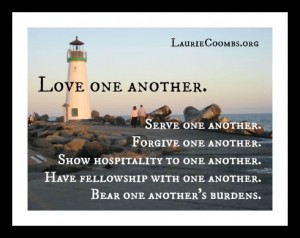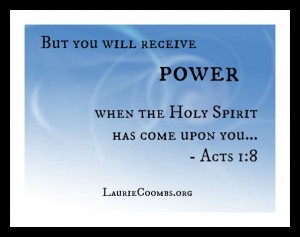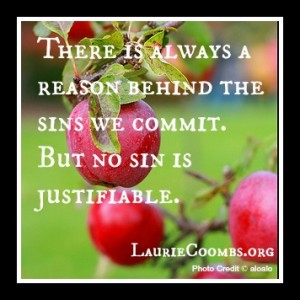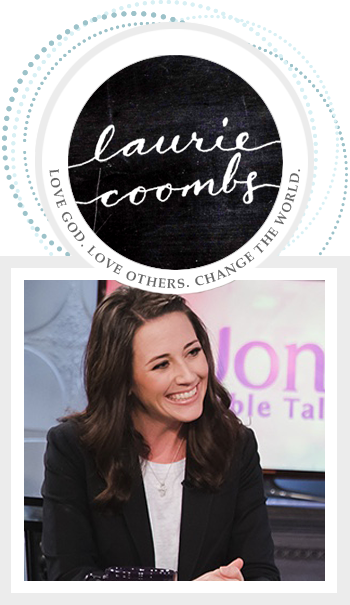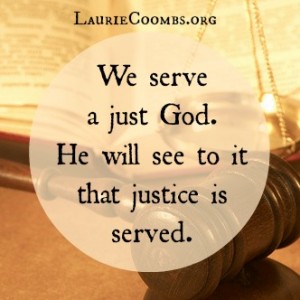
I’ve written about misconceptions about forgiveness before. But I believe one of the largest hindrances to forgiveness is a misconception that stems from childhood. I can’t tell you how many times I’ve negotiated peace between two children who are mad at one another. Regardless of what caused the issue, our peace talk usually goes something like this: Me: “Tell her you’re sorry.” Child (usually one of my daughters): “I’m sorry.” The other child: “It’s okay.” But it’s not okay. Many children are told by their parents (as I mistakenly did as a new parent) to respond to an apology by telling the other child that it’s okay. But it’s not okay to bite one another. It’s not okay to hit one another. Simply put, it’s not okay to sin against one another. And when we tell children to say “it’s okay” in this context, we are not teaching them forgiveness, but instead,…


